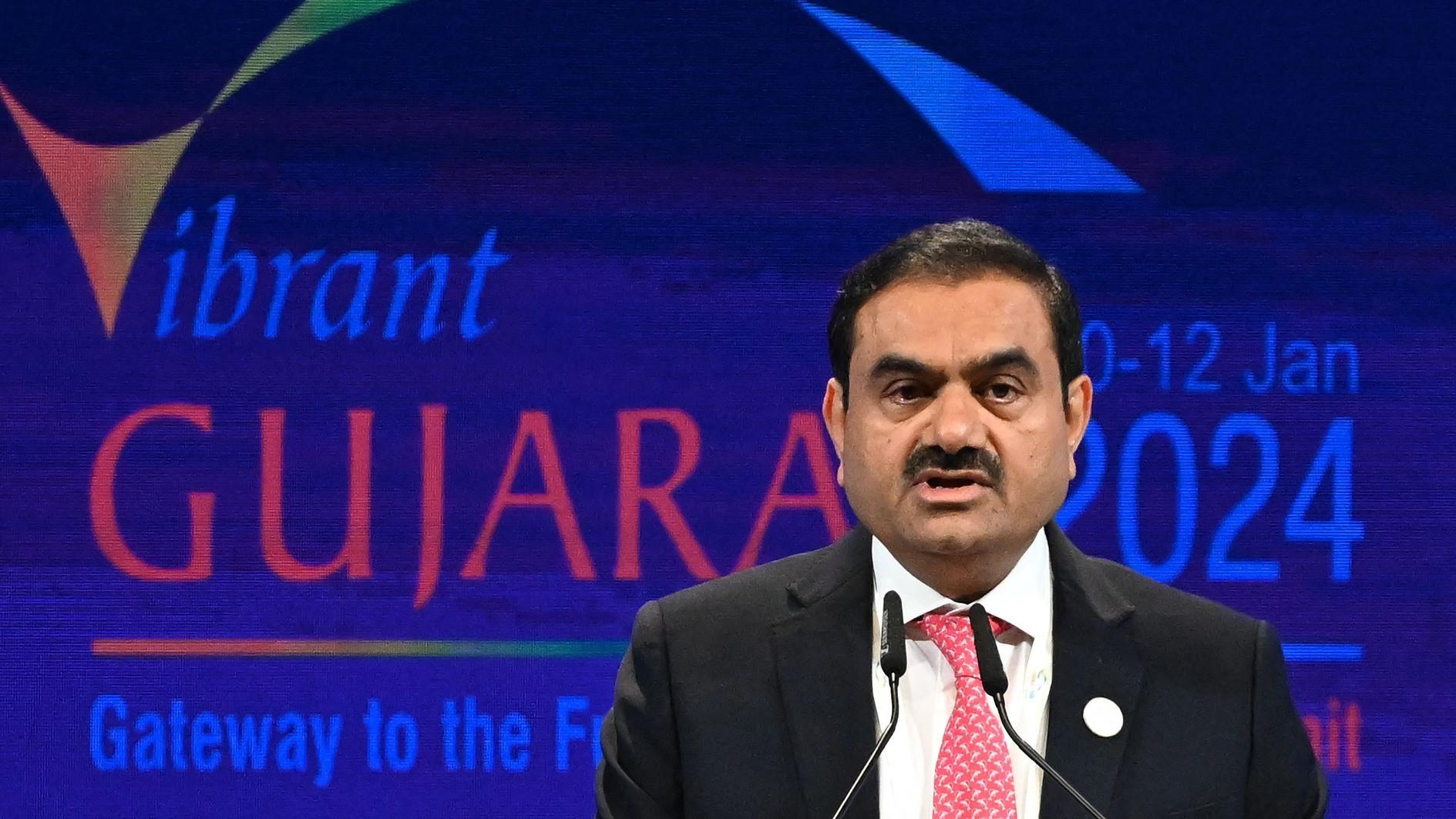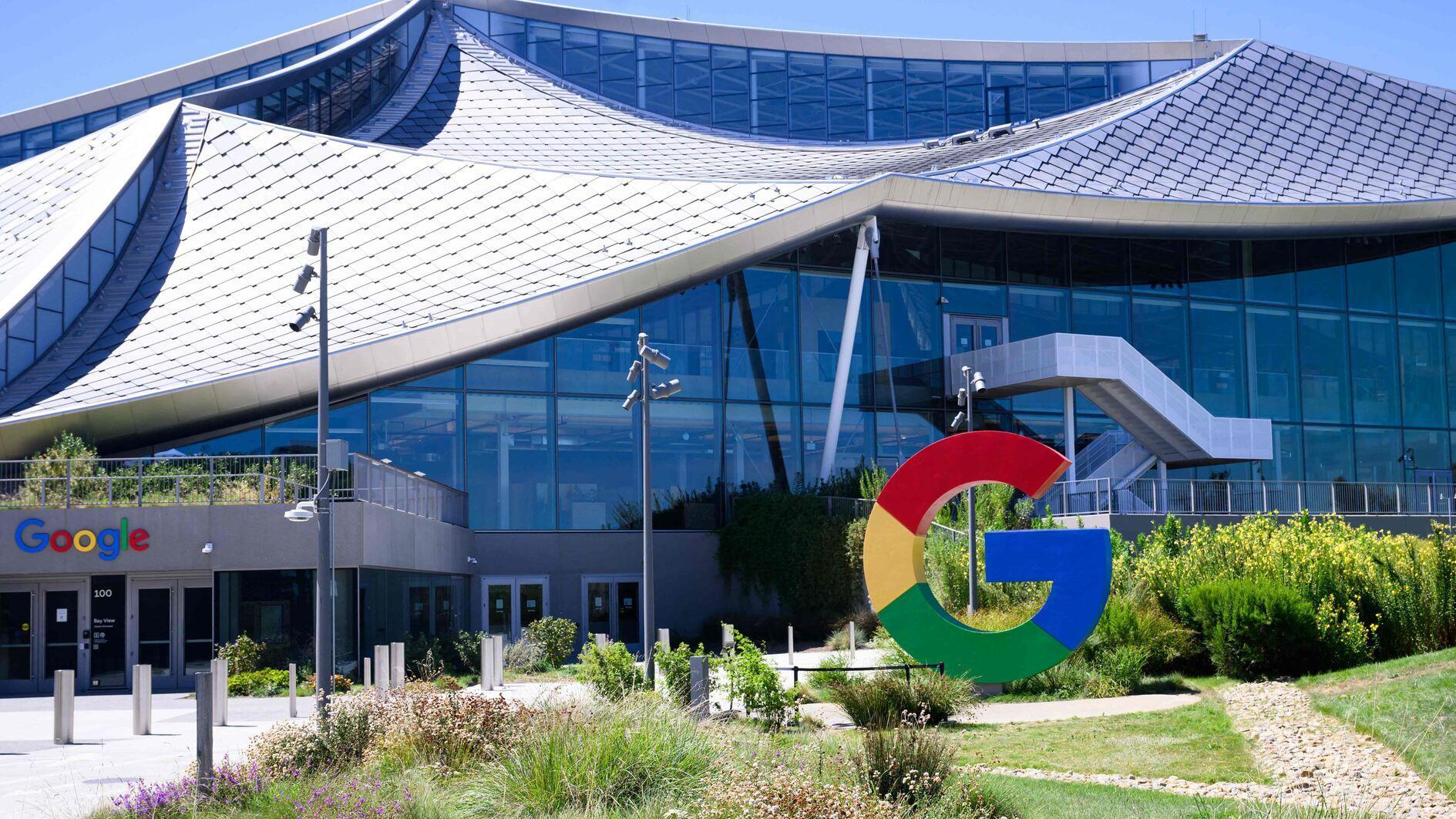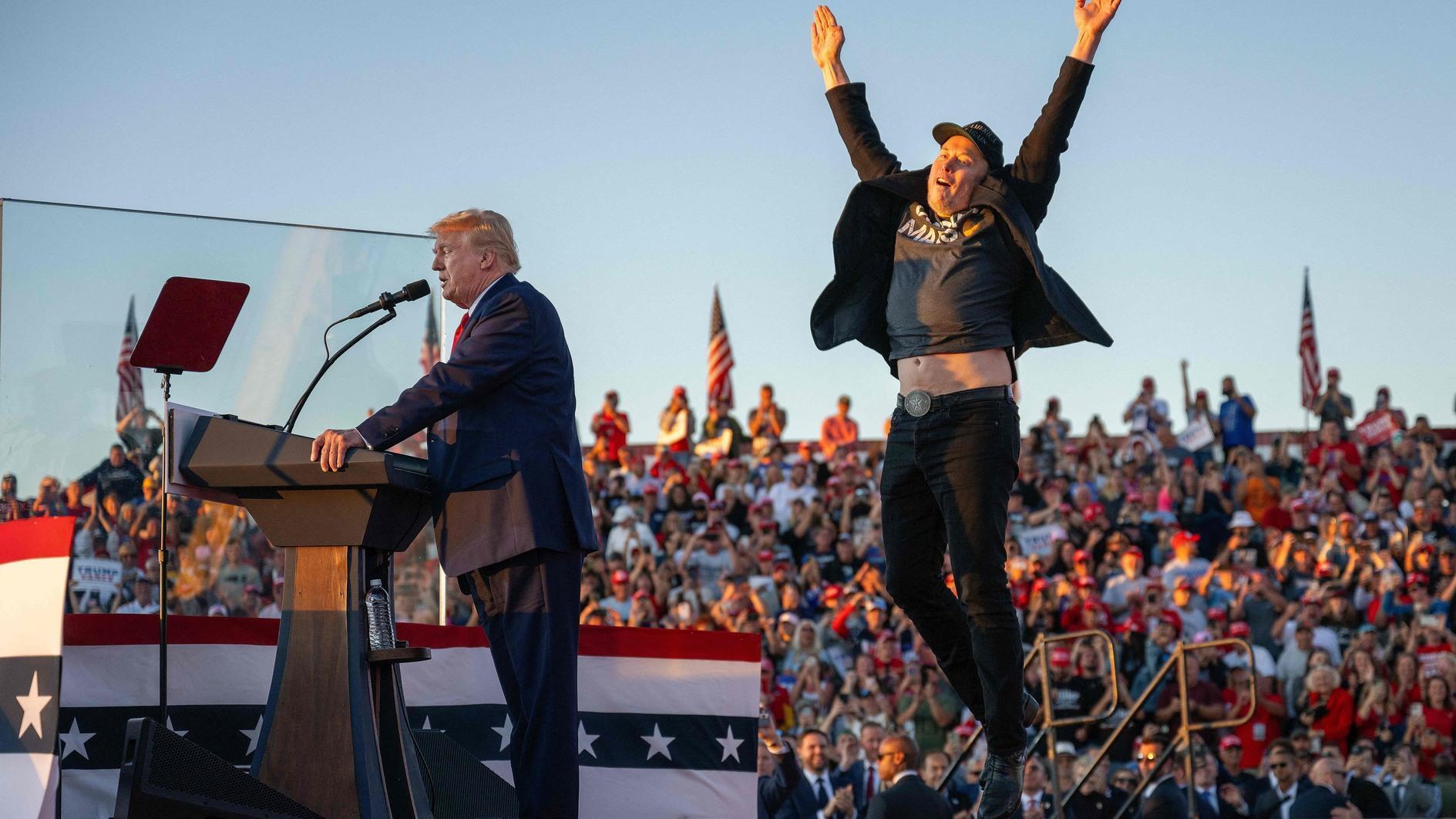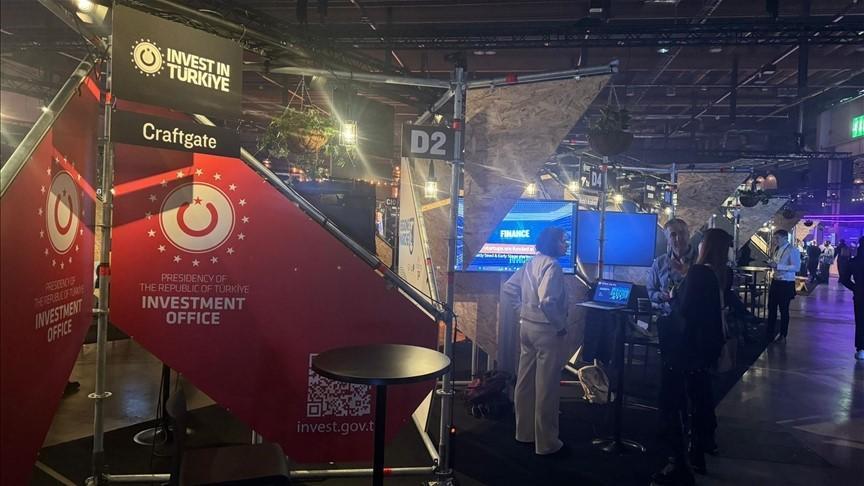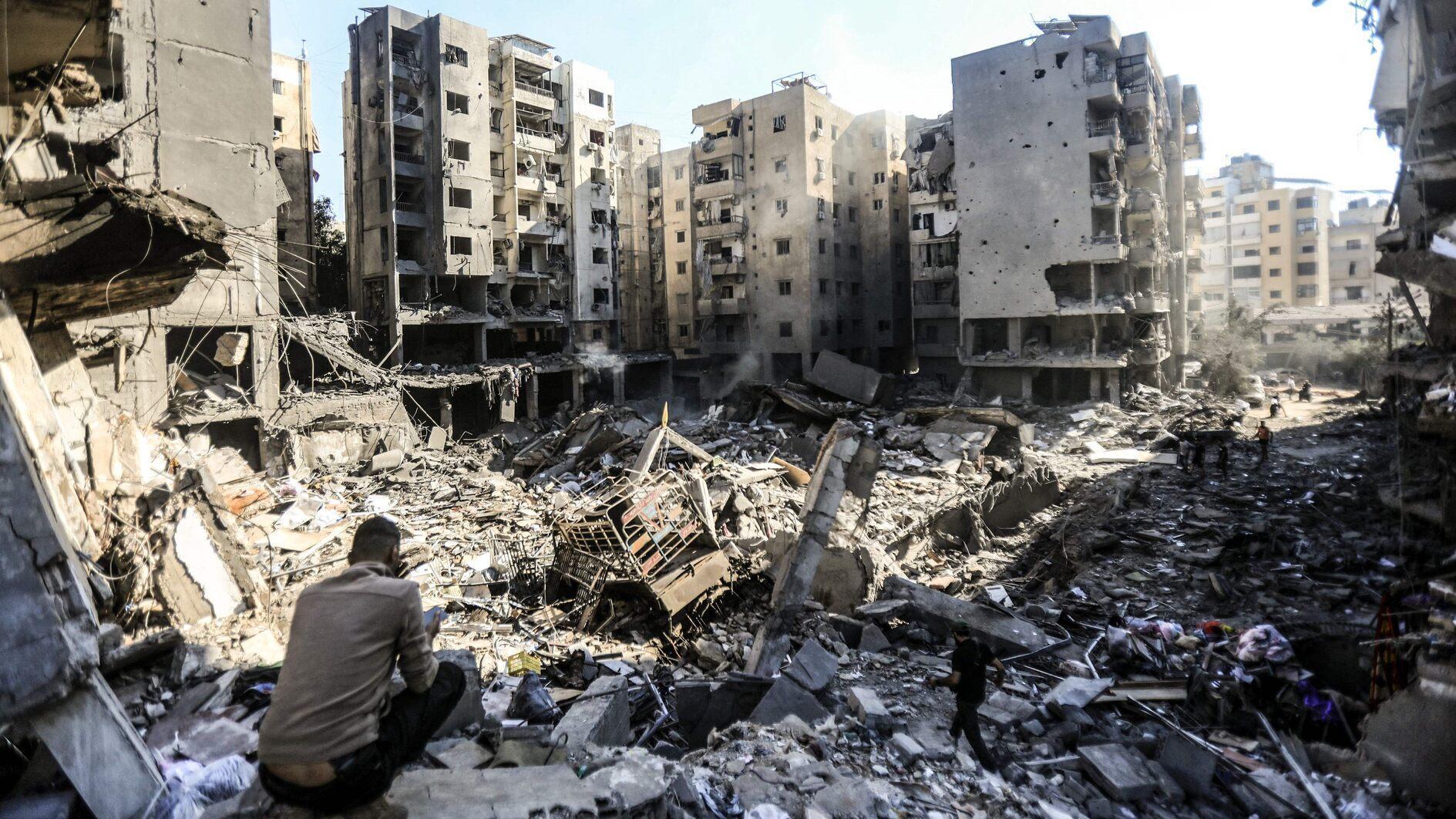Turkey should avoid arguments with Turkish Cyprus’ new leadership
A new era began in northern Cyprus on April 26 with the election of Mustafa Akıncı as president of Turkish Cyprus. Not because Turkish President Recep Tayyip Erdoğan slammed Akıncı over his description of his country’s relationship with Turkey as “two equal brothers” instead of “motherland and babyland,” but because what the new leadership proposes for the resolution of the decades-old Cyprus problem.
There’s no doubt that we will hear more of what Akıncı has in mind as his own recipe for the solution, but his initial messages envisage that a more promising process is looming on the horizon. One of the key messages he has delivered is the fact he will be loyal to the joint declaration issued by his predecessor, Derviş Eroğlu, and Greek Cypriot leader Nikos Anastasiades in February 2014.
His indirect message to Ankara is that he won’t come up with surprises that will disturb the Turkish government and its interests in the region. This is important because there are some circles that are suspicious of Akıncı’s vision for peace and the reunification of the island. This joint declaration is of critical importance as it outlines the nature of a potential agreement (based on a bi-communal, bi-zonal federation with political equality) between the two sides, while a finalization of the text requires some minimum touches from the negotiating parties. Experts on the Cyprus issue have argued that this declaration was in fact a drafted blueprint of an agreement and that the parties can conclude talks in a few months before introducing them to a referendum.
Having expressed his loyalty to the joint declaration, Akıncı is also talking about introducing some confidence-building measures to make the give-and-take process of the negotiations sounder. In this sense, he suggested returning the Varosha district, which has been closed since 1974, to its own proprietors but not as a gesture but as part of a comprehensive package.
“Let’s negotiate this as part of a three-leg issue, and let’s do it if we can finalize the agreement,” he said late April 27.
Varosha, once an important touristic spot, was seized by the Turkish army during the 1974 military operation. Greek Cypriots have long been pressing the Turkish Cypriots for the return of the enclave while the Turkish side has responded that the Varosha issue is part of a comprehensive solution. Now Akıncı is saying something new.
“The closed Varosha can be opened as a residential area under the control of the U.N. But there are so many things that should be done before this,” he said. The things that should be done are to allow Turkish Cypriots to enjoy customs-free trade with European Union countries through its Port of Famagusta and open Ercan Airport to direct flights, according to Akıncı, who insists that they should be regarded as a package.
“I propose this as parallel to a comprehensive solution. It does not mean that we should forget about the comprehensive solution and proceed chapter by chapter,” he said, while also calling on the EU to provide assistance to make Famagusta a European port.
With the United Nations’ Espen Barth Eide coming to the island on May 4 for the resumption of suspended talks, hearing Akıncı’s positive language about a negotiated solution is remarkable. Of course, this won’t be an easy process. All parties, first and foremost the Greek Cypriots, should desire a solution this time and abandon delaying tactics. The guarantor countries, Turkey, Greece and the United Kingdom, as well as the EU and the United States, should encourage the two parties with concrete moves.
The resolution of the Cyprus problem will of course have regional economic and political consequences and will be to the advantage of both Turkish and Greek Cypriots. The removal of the Cyprus problem from the international agenda will also give an important hand to Turkey’s EU process as nearly half of the chapters have been blocked due to this question. That’s why Turkey should try to do its best to support the new leadership and avoid arguments and tensions with the Turkish Cypriots.



